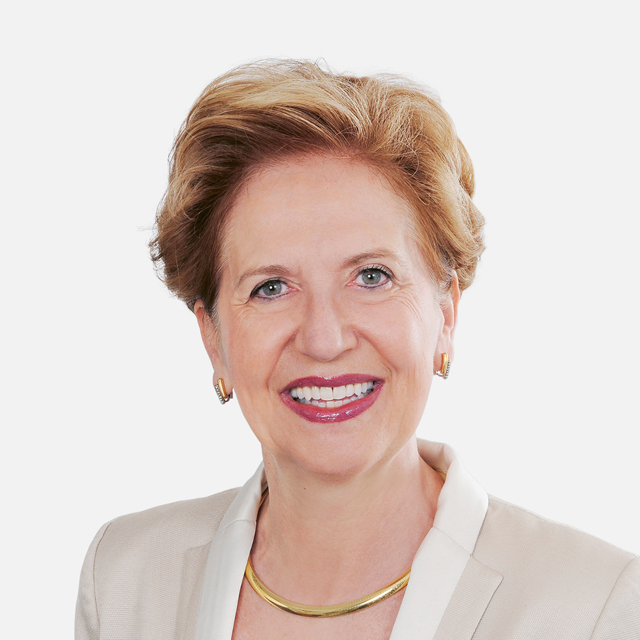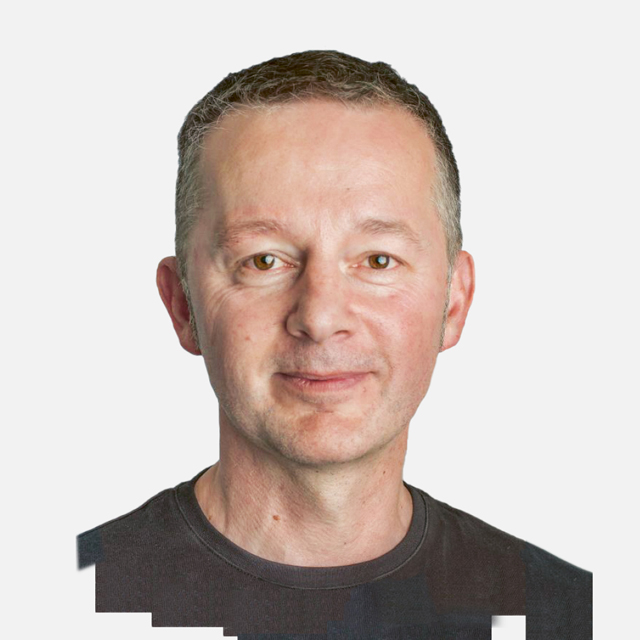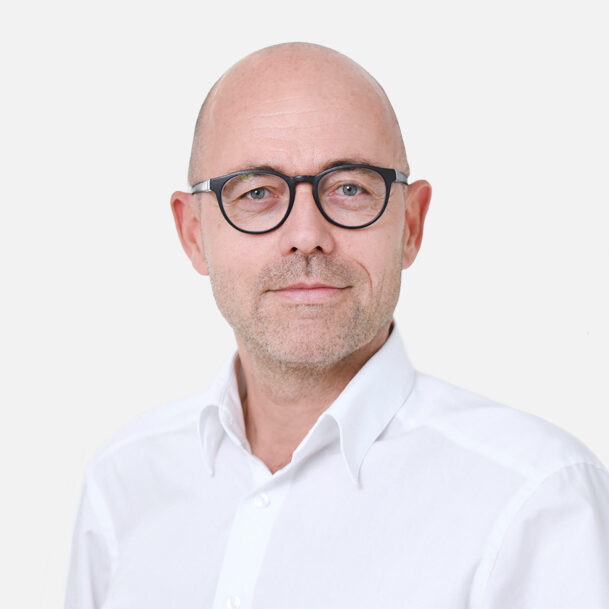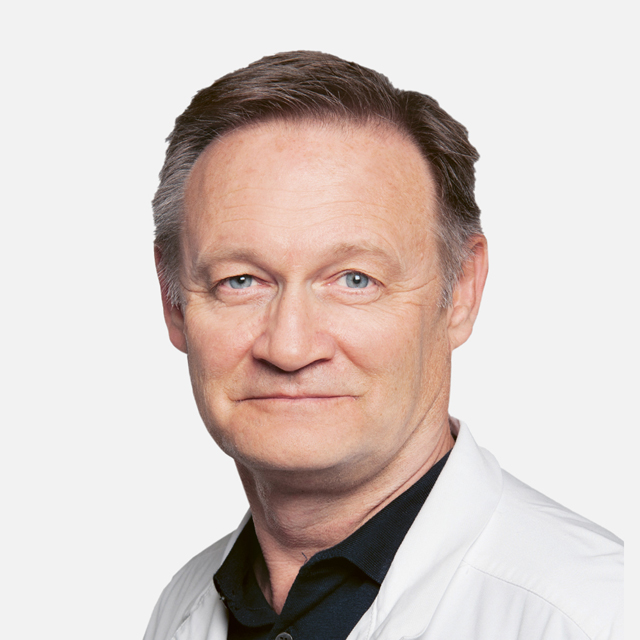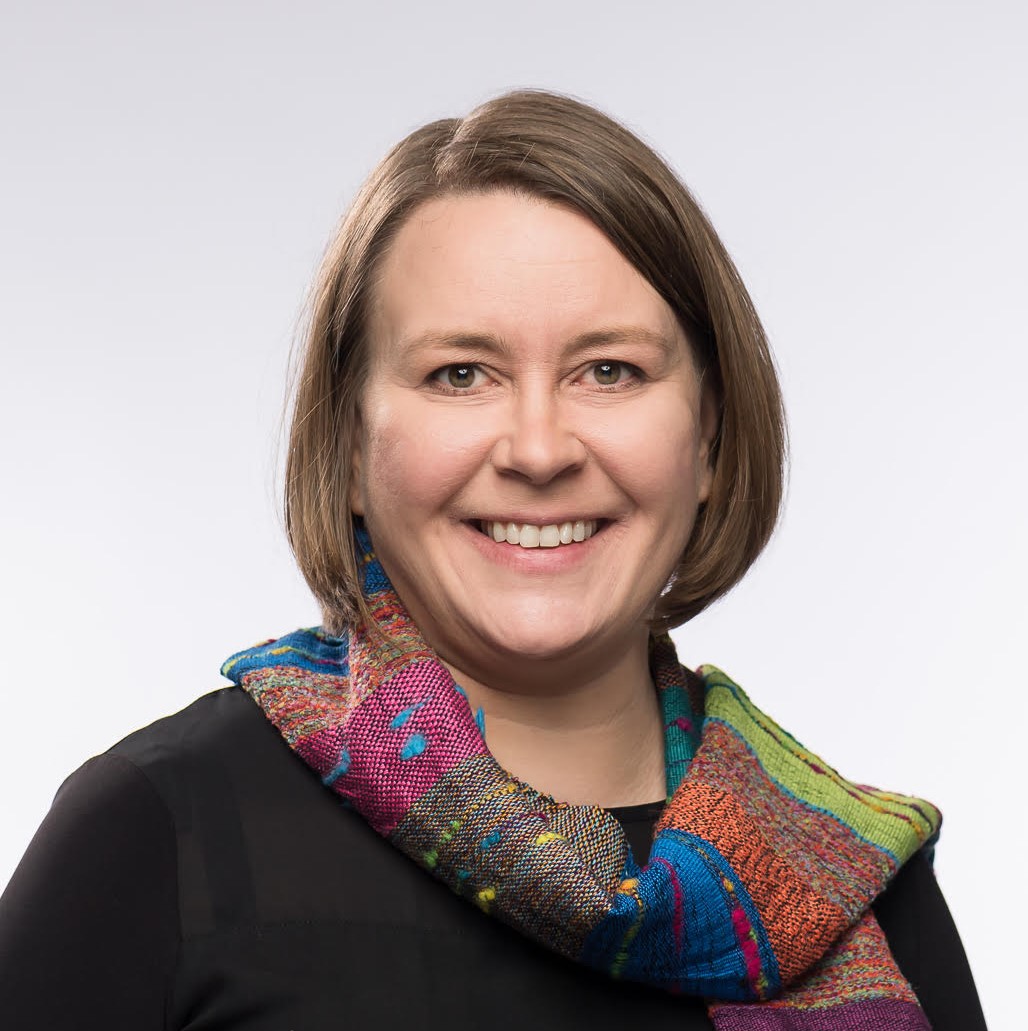Prof Andrea Schenker-Wicki has been President of the University of Basel since 2015. She has master’s degrees from both ETH Zurich and the University of Zurich, a doctoral degree from the University of Freiburg and a habilitation from the University of St. Gallen. Most recently, from 2001 to 2015, she held a full professorship in business administration at the University of Zurich and acted as the director of its Executive MBA programme. In addition, she was Vice President for Law and Economics at the University of Zurich between 2012 and 2014.
Prof Schenker-Wicki has joined, among others, the Council of the Zürcher Fachhochschule (ZFH) and is also President of EUCOR (an alliance of five universities based in the Upper Rhine region). Furthermore, she was part of the Austria Science Board from 2010 to 2016, a member of the German Accreditation Council from 2009 to 2012, and a member (from 2007) and later (from 2008) the President of the Scientific Advisory Board of the Swiss Center of Accreditation and Quality Assurance in Higher Education (OAQ) to 2012. From 2012 to 2015, she was a member of the Swiss Science and Innovation Council, and in 2013, the University of Natural Resources and Life Sciences in Vienna awarded her an honorary doctoral degree.
